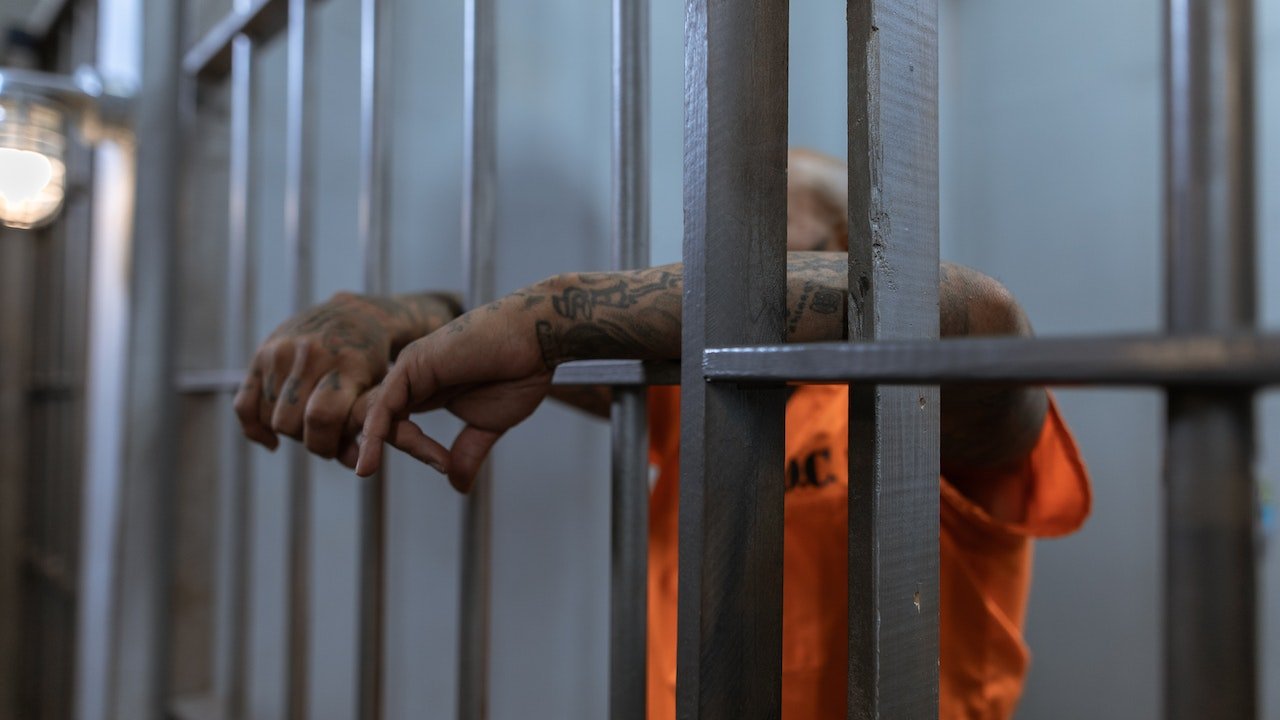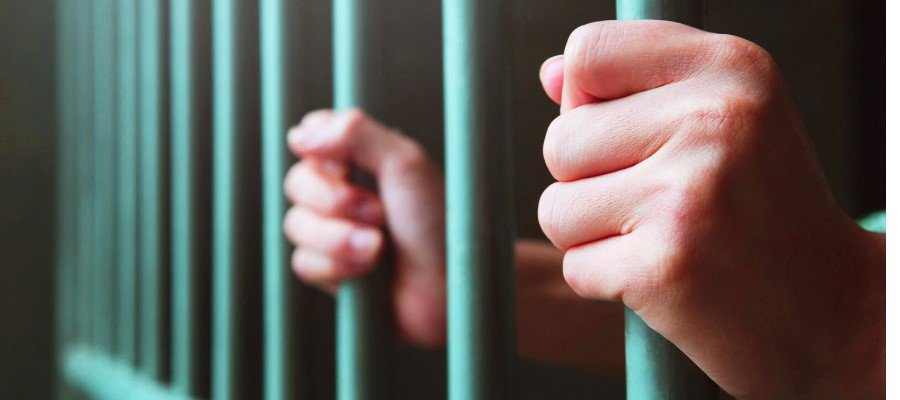The Pros and Cons of Plea Bargaining in Criminal Cases 2023


In the legal process known as plea bargaining, the prosecution and defense negotiate a resolution to criminal cases in order to avoid a trial. In exchange for valuable information or assistance, the defendant may agree to a lesser charge or receive a less sentence. Although it has become a standard practice in the criminal justice system, plea bargaining is not without its benefits and disadvantages. The advantages and disadvantages of plea bargaining in criminal cases in 2023 will be discussed in this article.
Plea negotiating is a negotiation procedure facilitated by the defense and prosecution’s respective attorneys. In exchange for assistance or information, the defendant frequently consents to admit guilt to a lesser charge or accepts a lighter punishment. Plea agreements must be approved by the court, and their terms change depending on the specifics of the case.
The Benefits of Plea Agreements
Effective Case Resolution
Plea bargaining has several benefits, one of which is that it hastens the conclusion of criminal trials. The judicial system can more effectively use its limited resources by avoiding a drawn-out trial. Plea agreements assist in clearing the backlog of cases, which frees the court system to concentrate on trickier and more significant issues.
Reduced Resources and Costs
The price of a trial might be drastically decreased through plea negotiations. Trials incur significant costs for things like attorneys’ fees, support staff, and witness testimony. Both the prosecution and the defense save time and money by coming to a plea deal since they avoid a drawn-out legal battle.
Possibility of Rehabilitation
Plea deals may provide offenders a chance at rehabilitation. Defendants may be qualified for initiatives like probation, counseling, or community service if they cooperate with law enforcement or admit guilt. These options could make it easier for them to reintegrate into society and foster a more fruitful and law-abiding future.
Read More: The Impact of Social Media on Criminal Trials 2023
Lessening of Shocking Sentences
Through plea negotiations, criminals can get sentences that are less severe than those they might otherwise receive at trial. Defendants who negotiate a plea deal can get a better result and reduce their chances of receiving a harsh sentence. This feature of plea negotiations may be especially helpful when there is substantial evidence against the prisoner.
The Drawbacks of Plea Dealing
Possibility of Coercion and Unfairness
Plea agreements are frequently criticized for their potential for oppression and injustice. Even if they believe they are innocent, defendants may feel pushed to accept a plea bargain. It is possible for people to plead guilty, undermining the values of justice and fairness, because of fear of receiving a heavier sentence or uncertainty about the outcome of a trial.
Decreased accountability and transparency
Plea agreements are frequently discussed in private, away from the public view. The accountability of the legal system may be questioned as a result of this lack of openness. Plea bargaining is criticized for undermining public trust in the legal system since crucial decisions are made without full information or judicial control.
Differences in Results
The results of plea agreements can vary greatly, depending on elements including the defendant’s legal counsel, the strength of the prosecution’s case, and the judge’s discretion. This variation may produce inconsistent outcomes, such as wildly dissimilar sentencing for defendants facing the same offenses. Such discrepancies damage the criminal justice system’s reputation for fairness and equality.
Limited Research and Discovery
The defense may not have access to all of the evidence against them in plea agreements because of the limited discovery procedure that is sometimes involved. This limited access may make it more difficult for the defendant to present a strong defense or to refute the prosecution’s case. This lack of thorough research may occasionally lead to erroneous convictions or the omission of crucial exculpatory evidence.
Read More: How to Choose the Right Criminal Defense Lawyer for Your Case
Considering the success of Plea Bargaining
The precise facts of the case, the moral character of the attorneys engaged, and the fairness of the negotiation process are some of the variables that affect how effective plea bargaining is. It is essential to put protections in place that defend defendants’ rights, advance transparency, and lessen the possibility of coercion in order to make sure the advantages outweigh the disadvantages.
Conclusion
Plea bargaining is a contentious procedure that has benefits and drawbacks in criminal cases. It presents questions about coercion, responsibility, inequities, and restricted discovery while also providing efficiency, lower costs, and prospects for rehabilitation. Maintaining a reasonable and efficient criminal justice system that maintains the principles of justice requires weighing the benefits and downsides of plea bargaining.
FAQs
Is plea negotiation an option in every criminal case?
Plea bargaining is frequently an option in many criminal cases, but in some situations, such as those involving significant offenses or where the evidence is overwhelming, it may not be.
Can a criminal turn down a plea deal?
Yes, a defendant has the option to decline a plea deal and go to trial instead. It’s crucial to take into account the dangers and repercussions of a trial, including the prospect of a higher sentence if proven guilty.
Can a plea agreement be worked out after the trial has begun?
After the trial has begun, it is uncommon for a plea deal to be negotiated. Plea discussions often take place in the pre-trial stage, when both parties are still evaluating the merits of their respective cases.
How does the judge choose whether or not to accept a plea agreement?
The seriousness of the offense, the defendant’s criminal history, the terms of the plea agreement, and the interests of justice are all things the judge takes into account when determining whether to accept a plea bargain.
Are plea deals kept private?
Plea agreements are typically kept private, but they are not completely private. The agreement’s terms are normally submitted to the court for approval, and the decision made within may be made public.












2 Comments